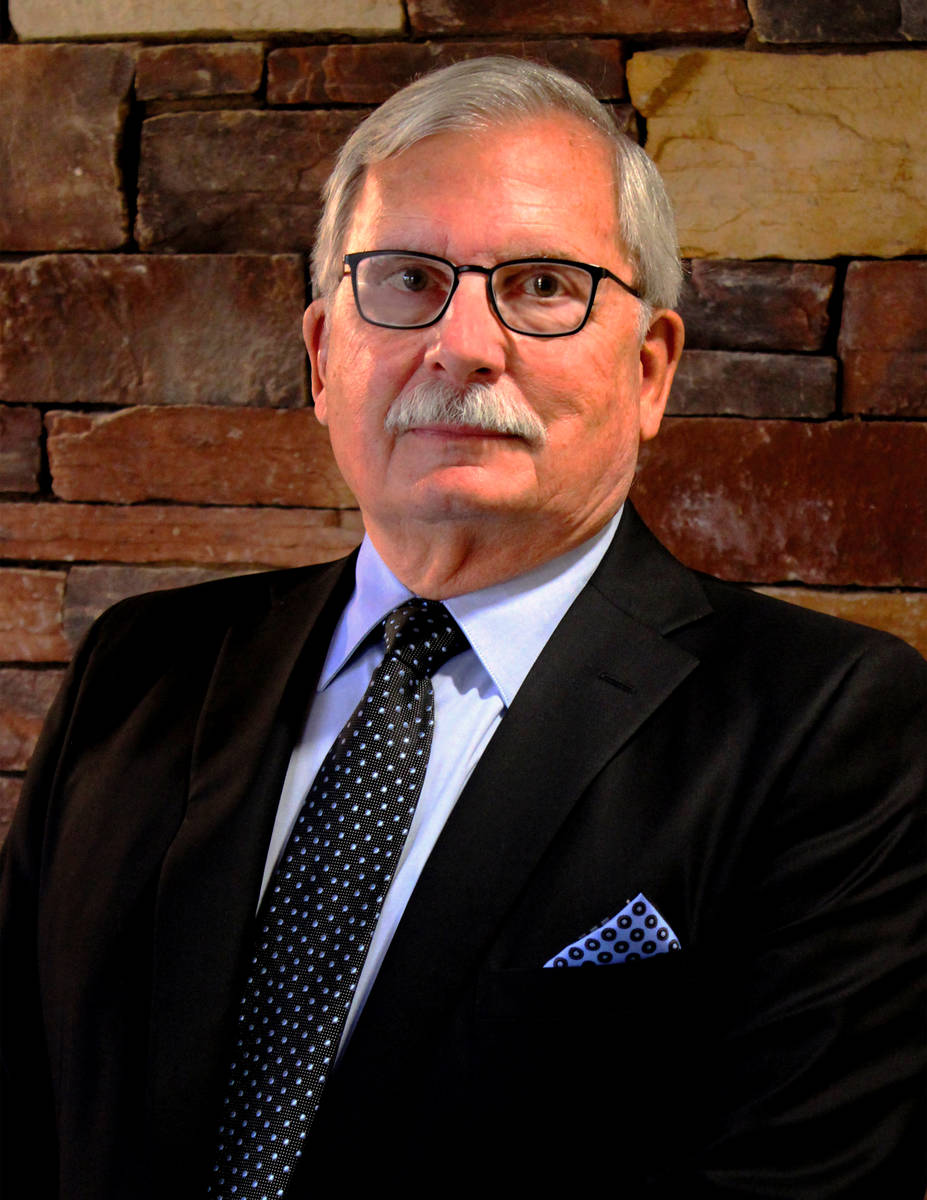At special legislative sessions, by their nature, it seems as if there’s always something wrong, something going sideways. The 32nd Special Session of the Nevada Legislature conducted recently addressed significant policy issues that could not wait until the regularly scheduled legislative session.
This special session was special indeed because of the COVID-19 pandemic. As a result, the legislative building in Carson City was completely sealed off from the public. The only people allowed inside of the building were the legislators themselves, some of their staff and then a half dozen to a dozen people credentialed as media.
The biggest deal during this session, at least for our overall business community, was a bill that dealt with a combination of hospitality workers’ safety and standards for lawsuits against businesses in the coronavirus environment. One of the main concerns of many businesses was their contention that if they play by the rules, maintaining enhanced standards of cleanliness and hygiene, then they should not be subject to a lawsuit by someone who alleges they have caught the coronavirus. Business owners wanted some certainty that if the business was following all of the COVID-19 safety protocols, then it should not have to worry about being sued.
The bill was passed, and although it doesn’t stop the lawsuit per se, it does state the standard to prevent a successful lawsuit is substantial compliance with controlling standards. To be successful, a lawsuit must allege and prove that the business committed gross negligence. So, while businesses still can be sued, the bill does provide a little more protection for those businesses that are trying to do the right thing.
The difficulty for any business, but particularly a small business, is that if a lawsuit is filed, it has to hire or have its insurance company hire a lawyer. Lawyers can then file a Motion to Dismiss and begin to defend the lawsuit.
There are not a lot of sales occurring in many businesses right now. Many business owners are just trying to get some employees back to work. So, the Legislature decided that it was an important element to offer this additional layer of protection.
Normally, even in a special session where the issues are limited, there are hundreds of people a day in the legislative building. In this case during the pandemic, there were typically less than 200 in the building. At the conclusion of the hearing on bills, telephone testimony was available.
As we got later into the session, the opportunities to speak came in the evenings and sometimes late at night. You had to be in a queue holding your place in line, and then any testimony was limited to two minutes. Historically, the primary proponents and opponents were allowed from 30 minutes to an hour to provide direct testimony on the bill.
It was challenging for the public to get input. And, although there was a lot of comment, there was not nearly as much as we see in a normal session. I don’t just mean a regular special session, but one that did not have all the restrictions of COVID-19. I think that was hard on everybody. I think the public only saw glimpses of what was going on, and that was largely through the media. Those of us, like myself, who represented interests did not have the opportunity to communicate routinely with legislators. Communication with legislators was limited to using cellphones and texting.
This was very unusual. In a normal session, there is the opportunity to exchange ideas just walking down the hallway between hearings. This time, however, the legislators were essentially placed in isolation. The other phenomenon was that anywhere from six to 12, maybe 15, legislators actually exercised the option to call in and participate by a video conference or telephone. It made it a very unusual process.
I represent several sectors in the business community that were involved in this special session. This bill relating to liability was especially important, particularly to small business, but to large business as well.
Other legislation passed during this special session included safe and expanded opportunities for Nevadans to make their voice heard in November’s election, more flexibility to connect Nevadans to unemployment benefits, criminal and social justice policy reform and interventions to implement alternative resolution measures for rental evictions.
I have been working with legislative issues in the Nevada Legislature going back to the 1970s when I was working with the state agency. I’ve worked over the decades with hundreds of legislators on dozens of issues. It’s a complex process, and it changes every session because every Legislature is different.
One of the major challenges is that we are less than 170 days from our next regular session. So, the conclusion of this special session really just represents a preview for the next regular session, and it’s going to be a challenge.
Nevada is heavily impacted by the coronavirus and the economic consequences of the shutdown, especially in our primary industry, tourism. But all of the business community has suffered substantially. The challenges of dealing with the impact of the shutdown on jobs and the employers that create those jobs will be enormous particularly as government at the state and local level look to make up for the lost revenue. Striking the right balance will be critical for the future of Nevada.
James L. Wadhams is a founding member of Black & Wadhams Attorneys at Law, a statewide law firm concentrating on business law, business litigation and government affairs. Wadhams focuses his practice on government affairs, insurance and administrative law. He has presented issues in the legislature for public agencies in Nebraska and Nevada; and since 1981, has represented private clients as a lobbyist before the Nevada Legislature. Wadhams has represented such clients as the Nevada Independent Insurance Agents, Nevada Hospital Association, Newmont Mining Corp. and Las Vegas Metro Chamber of Commerce.








